When LagosPhoto Director Azu Nwagbogu, and other members of the African Artists’ Foundation, were setting up Nigeria’s first ever photo festival, they had a pretty broad goal in mind: to provide a platform for photographers to tell new stories about Africa. But perhaps an even more important part of their mission was to empower artists to remedy what Nwagbogu has termed “Afro-pessimism,” the tendency for visual representations of the continent to be negative, particularly in the western media.
“If I think about what documentary photography, in the traditional sense, has for done Africa, it hasn’t really empowered the continent,” Nwagbogu tells TIME. “Africa [is often seen] as a hopeless continent where it’s almost like nothing can be done.”
But he knew a different kind of work was out there, he says. And on his travels, he would often come across refreshing visual stories documenting various African countries, but ones that had never been shown in Africa. “I realized there was an abundance of talent,” he says. And so the festival was born.
Now in its fifth year, the show sees photographers present work under the theme Staging Reality: Documenting Fiction. Fiction here not necessarily indicating invention, Nwagbogu stresses, but rather how storytelling can represent reality. Indeed, fiction in Nigeria, and in many cultures, can often be used as a conveyor of truth, he says.
“Most of what we know about Parisian life in the 19th Century is through fiction — people like Balzac, people like Flaubert,” Nwagbogu continues.
On show are Cristina de Middel’s arresting This is What Hatred Did series, which is a modern retelling of an old Nigerian story, Namsa Leuba’s powerful Cocktail, which focuses on the representation of the female body in Africa and Seun Akisanmi’s Nigerian Punishments in which the artist explores the various forms of punishment he received as a child.
But Nwagbogu is keen to stress that this year’s theme is not about jettisoning photojournalism — last year, curators showed Jerome Delay’s work from Mali, for example — but it’s more about broadening the festival’s scope to include different kinds of photography, and indeed, narratives.
“If we engage and empower local and international photographers to embrace a newer narrative I think, maybe, we have a better solution,” he says. “We don’t need to define ourselves as who we are not anymore, we can now define ourselves as who we want to be.”
LagosPhoto runs from Oct. 25 to Nov. 26, 2014 in Lagos.
Richard Conway is reporter/producer for TIME LightBox.
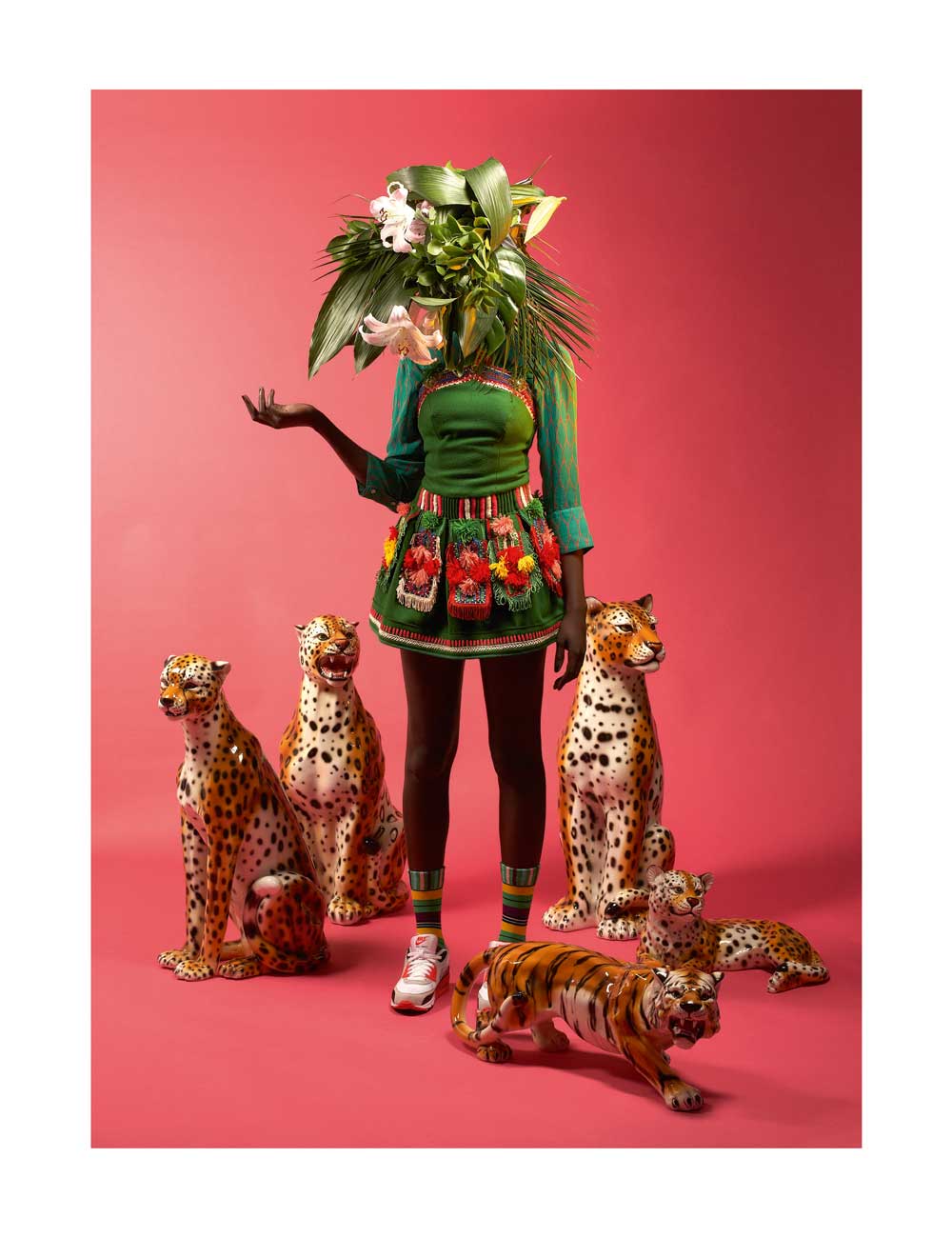
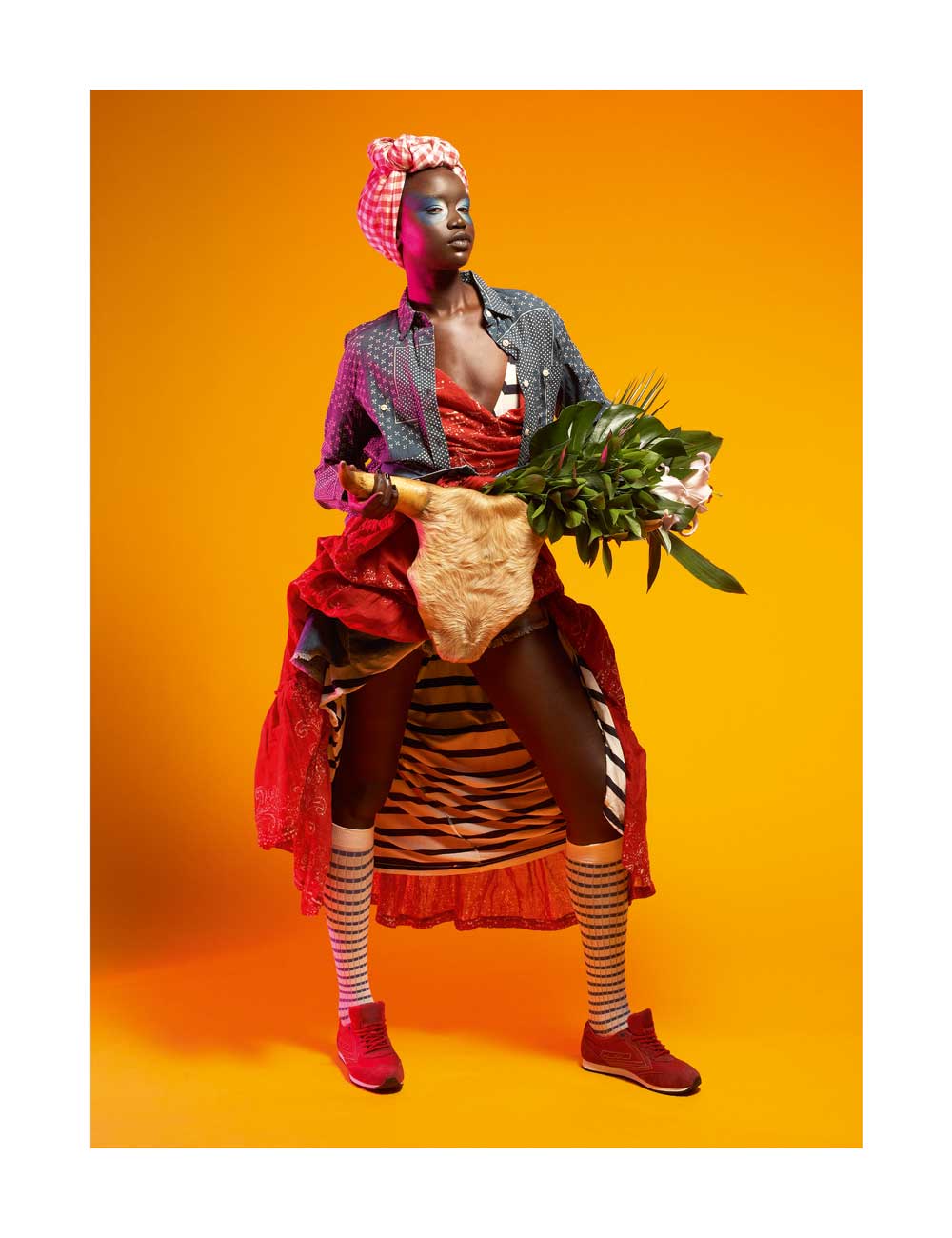
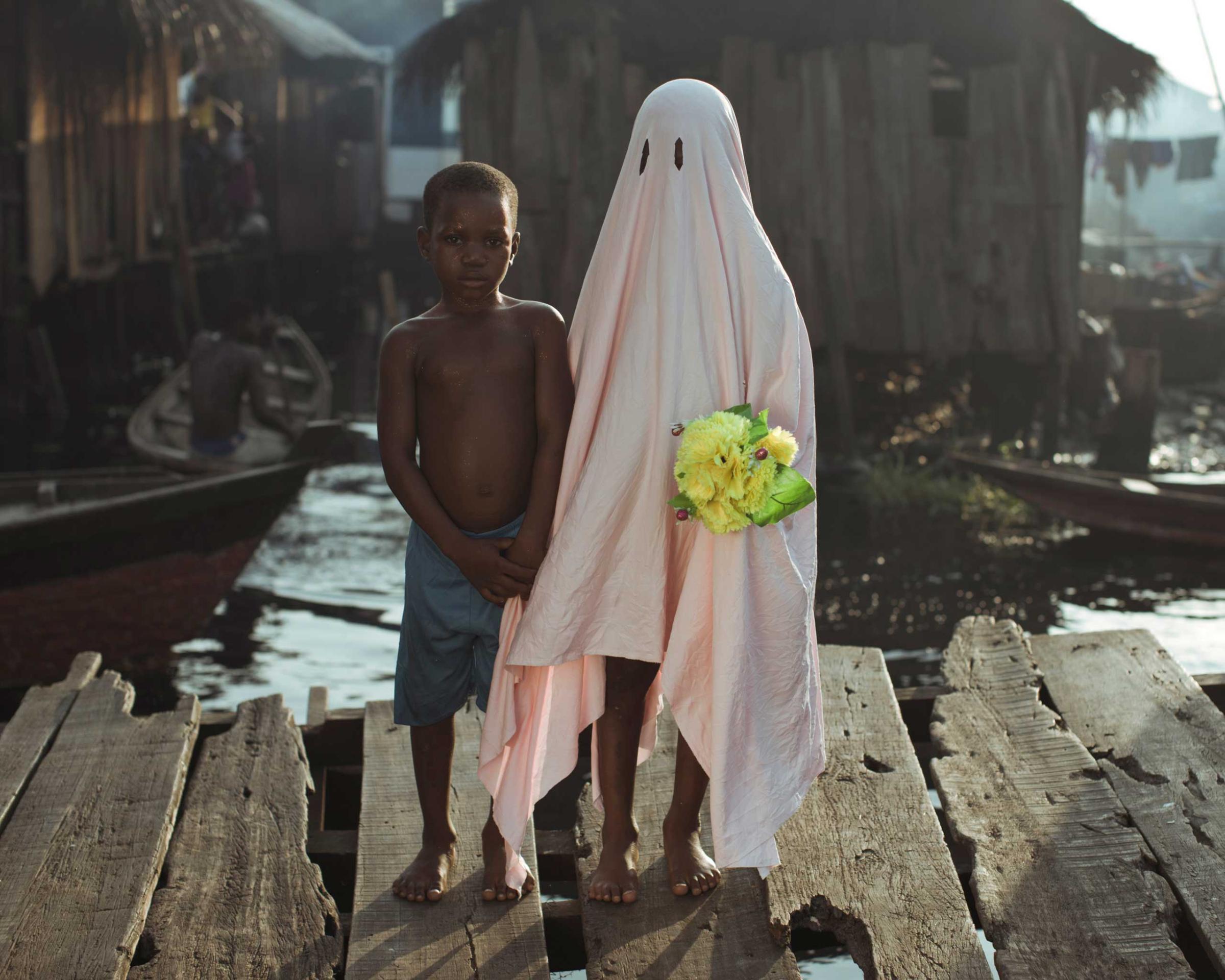
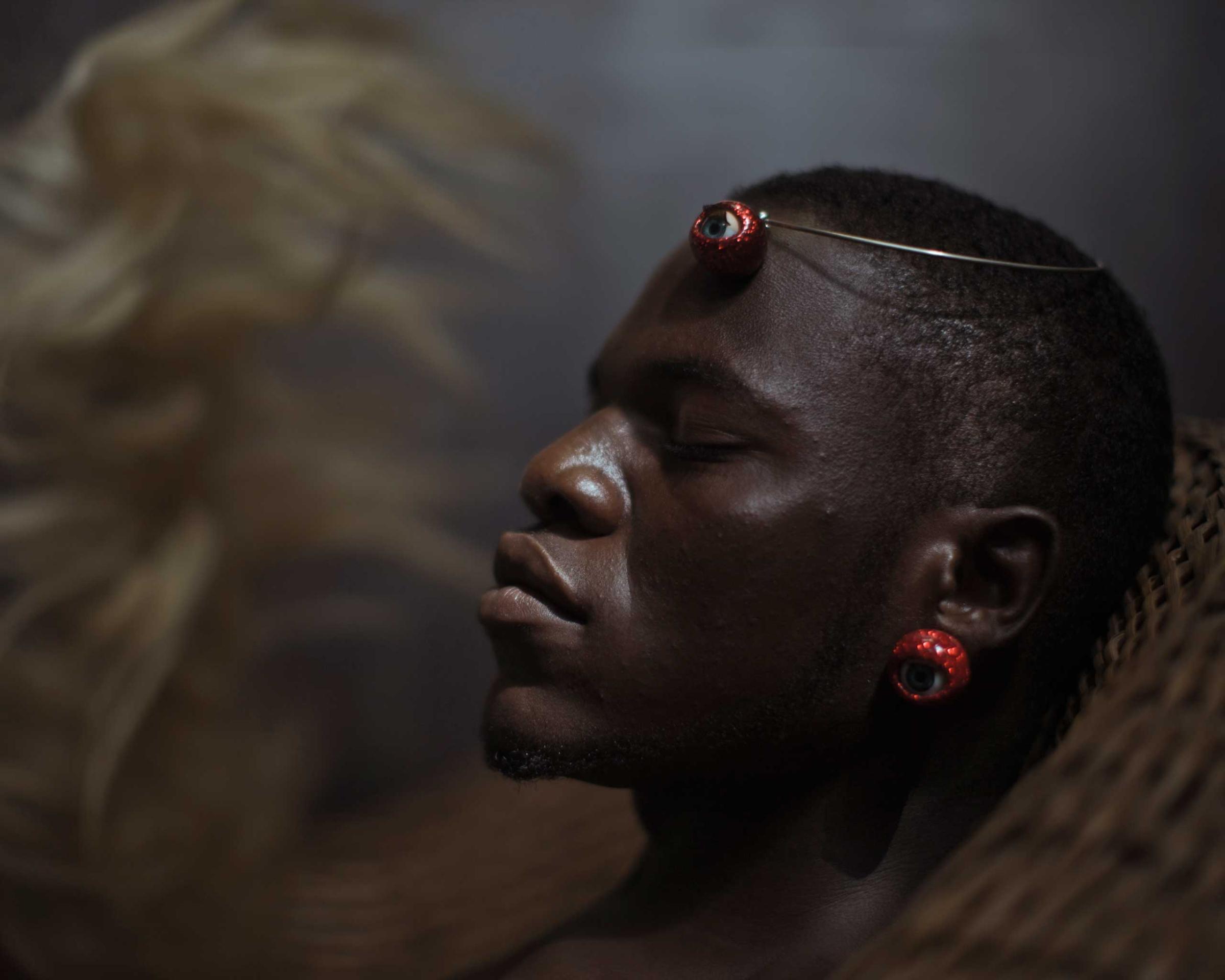
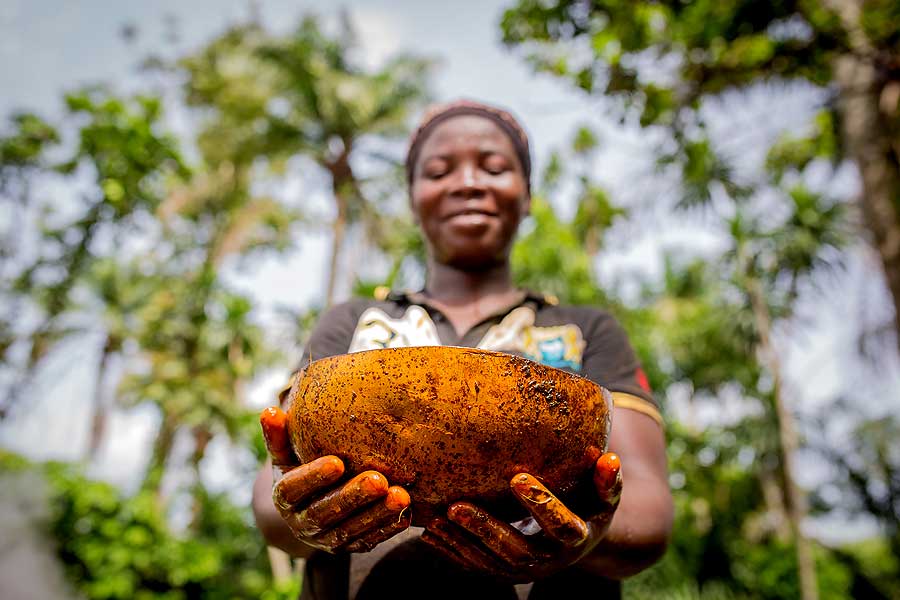
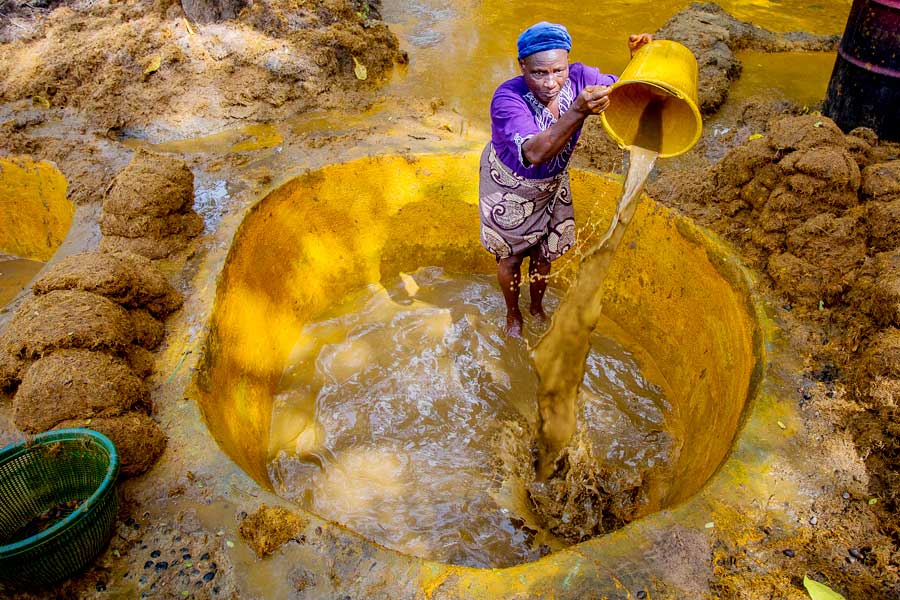
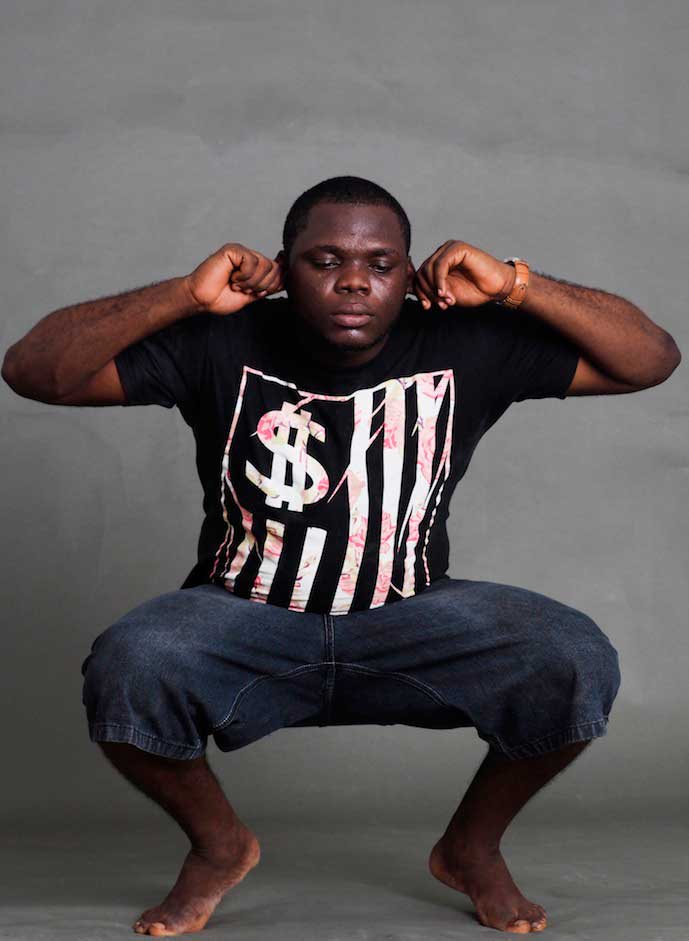
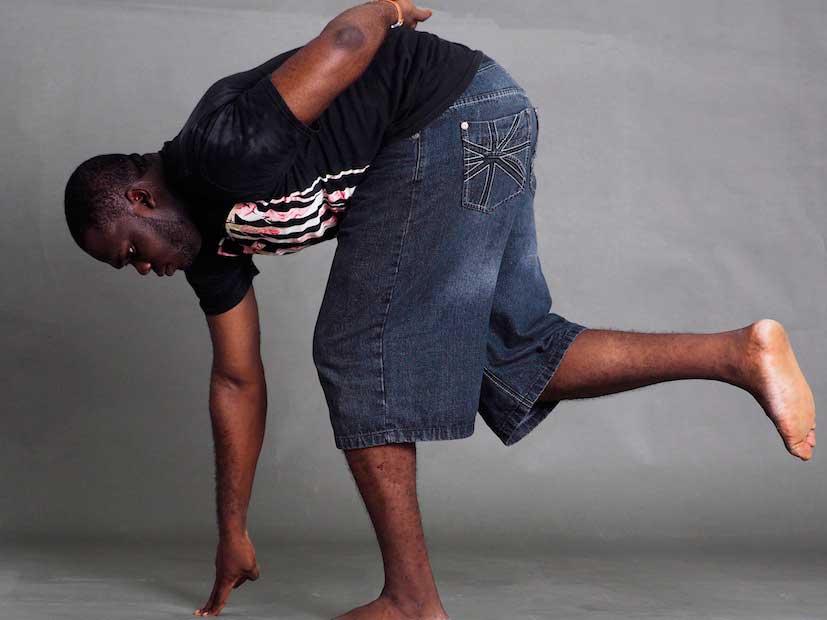
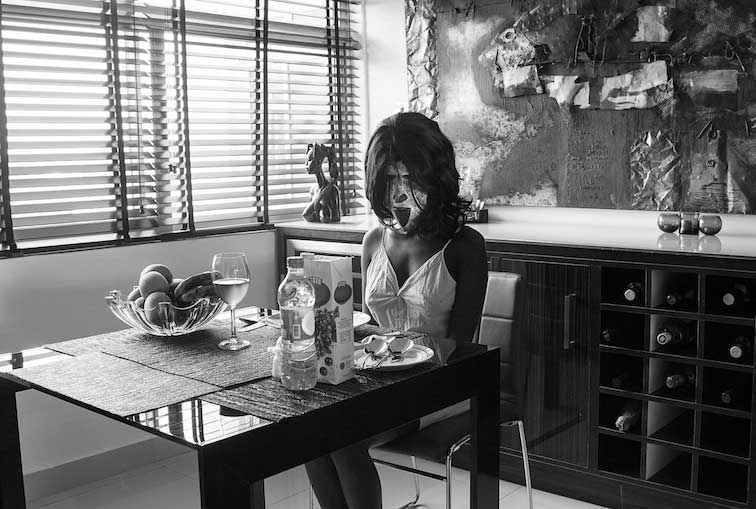
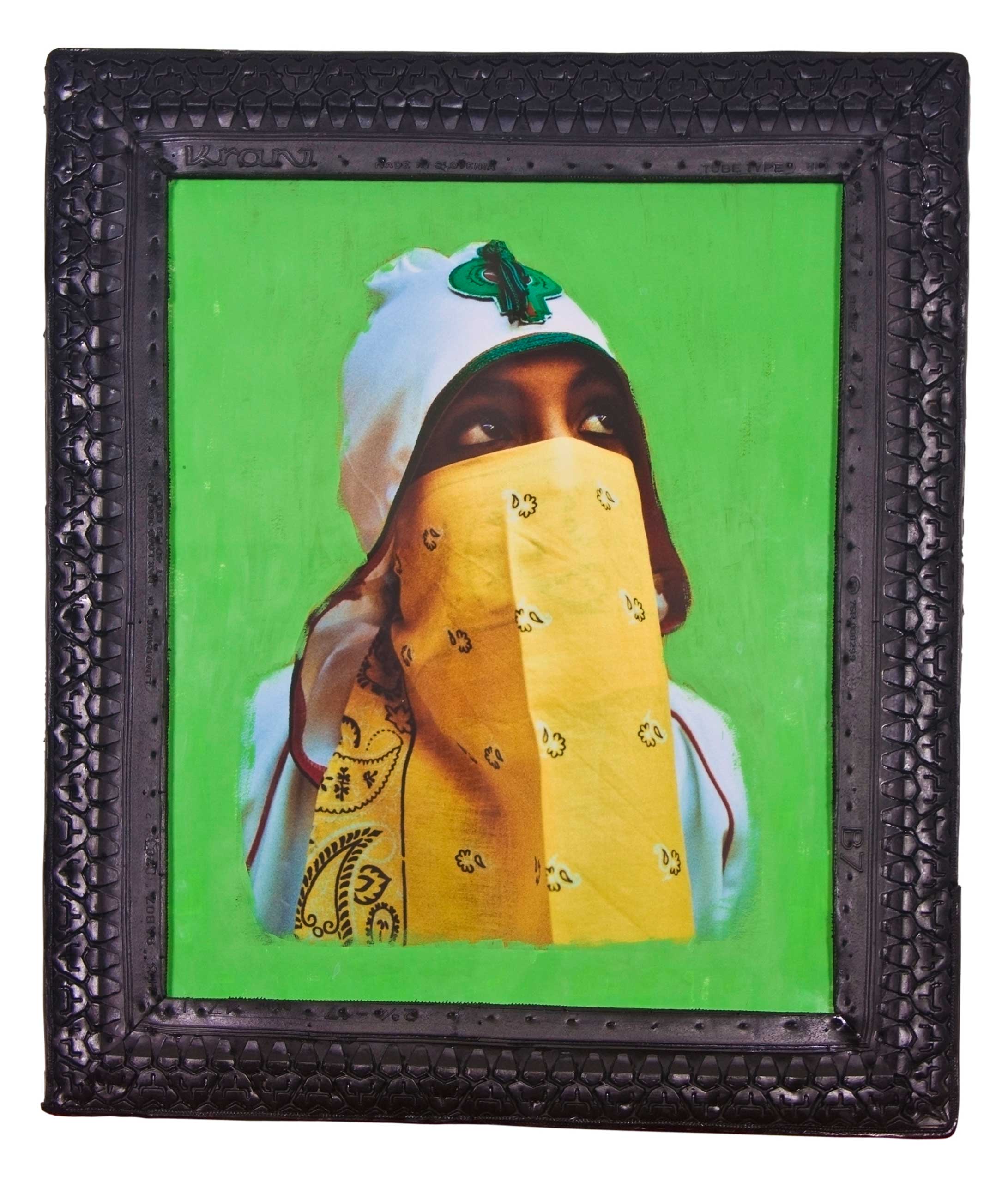
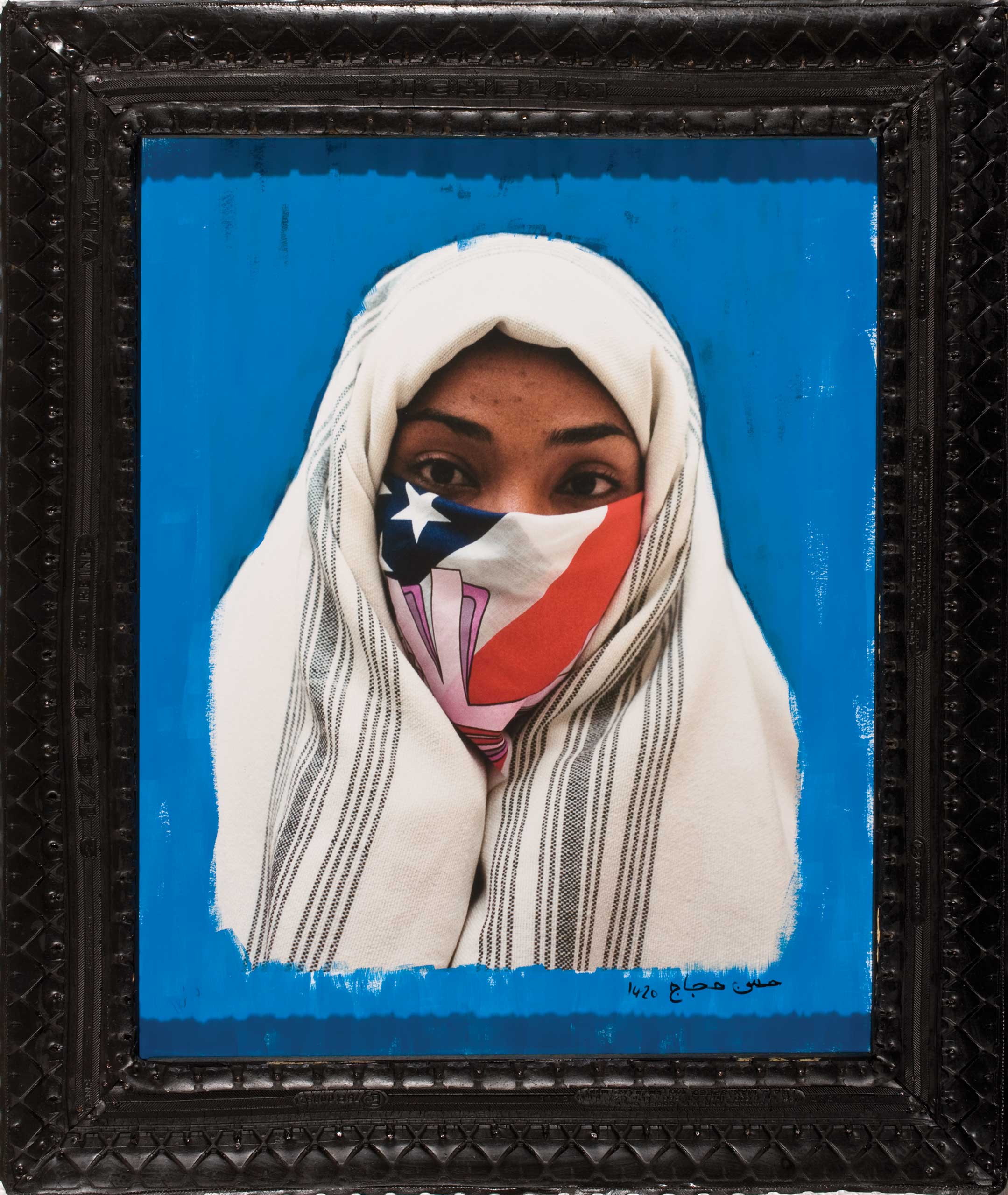
More Must-Reads from TIME
- Donald Trump Is TIME's 2024 Person of the Year
- TIME’s Top 10 Photos of 2024
- Why Gen Z Is Drinking Less
- The Best Movies About Cooking
- Why Is Anxiety Worse at Night?
- A Head-to-Toe Guide to Treating Dry Skin
- Why Street Cats Are Taking Over Urban Neighborhoods
- Column: Jimmy Carter’s Global Legacy Was Moral Clarity
Contact us at letters@time.com